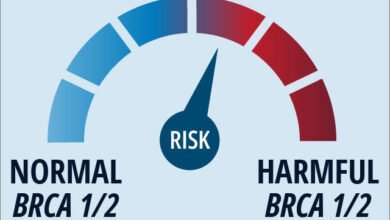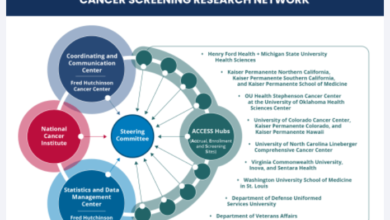Mesothelioma Lung Removal | Is It Dangerous & Outdated?

This type of surgery is known as an extrapleural pneumonectomy (EPP). It removes the pleura, the lung, the diaphragm and the lining around the heart (the pericardium).
As with most cancers, mesothelioma may spread — or metastasize — beyond its starting point. So removing nearby organs and tissues helps decrease the number of cancer cells left behind after surgery.
Patients and loved ones may hear about lung removal surgery (EPP) and think it is the best chance for a cure. But a few lung removal facts may surprise them and change their minds.
1: Lung Removal Surgery Has Serious Risks
It may come as no surprise that surgically removing a lung carries significant risks. In one study, 50% of patients experienced at least one adverse effect from the procedure. Common complications of lung removal via EPP include:
- Abnormal heartbeats
- Blood clots
- Infection
Though it occurs less often, patients can die from the side effects of EPP. According to research, the risk of death differs between hospitals with more or less experience. Centers that do fewer than 5 EPP lung removals per year have a higher risk. In one study, more than 1 out of 10 patients at lower volume centers died from EPP complications. The risk was half that for higher volume hospitals.
2: Lung Removal Surgery Has Become a Last Resort
In the past, lung removal by EPP was strictly reserved for a select group of patients. In general, they had to be in good health with limited tumors to qualify. Over the years, mesothelioma research changed this approach.
According to studies, EPP carries more risk than other pleural mesothelioma surgery options. As a result, many cancer centers have largely abandoned EPP. Doctors may make an exception for patients with tumors extending into the lung. In these cases, surgeons may perform EPP because the tumors cannot otherwise be removed.
Modern medical advances have improved the surgical options for pleural mesothelioma. Many patients qualify for these newer approaches. This means EPP lung removal surgery is an option only for patients with specific, advanced tumors.
3: Recovery After Lung Removal Can Be Difficult and Lengthy
EPP lung removal surgery is an extensive and serious operation. Healthcare providers monitor patients in the hospital for 1 – 2 weeks after surgery. During this time, patients do important breathing and coughing exercises. These actions help keep the remaining lung clear and working.
Once patients go home, the recovery process continues. It may take 3 months or longer to return to work. Some patients may find they cannot go back to the type of work they did before. And recuperation may vary depending on any additional treatments the patient undergoes.
Patients may experience other long-term impacts from this surgery, like difficulty floating in water. Depending on a patient’s lifestyle, these effects could be disruptive or frustrating. Patients may not understand the full scope of these changes until after the surgery.
Survivor Heather Von St. James is a great example of the long-term effects of lung removal. She had a heated chemo treatment after her surgery. This treatment is often paired with an EPP surgery. It temporarily damaged her kidneys and extended her hospital stay. At the time, Heather thought she would go back to work as a hairdresser within a few months. But in the 18 years since she hasn’t returned to it full-time.
4: Lung Removal Surgery Can Limit Later Treatment Options
EPP lung removal surgery fundamentally changes a person’s body. It leaves patients with decreased cardiovascular function. This affects their ability to manage post-surgery conditions like pneumonia. Losing a lung also makes it hard for some patients to handle chemotherapy.
In one study, only 25% of lung removal patients could tolerate chemo after their surgeries. This number rose to more than 60% for those who had a less risky operation. Chemotherapy is a common treatment for patients whose cancer returns or doesn’t respond to other therapies. So taking this option away could negatively impact mesothelioma prognosis.
The popularity of EPP lung removal surgery had already declined before immunotherapies became an option. As such, it is unclear if lung removal affects a person’s eligibility for these innovative drugs. Either way, data indicates lung removal can take chemotherapy off the table. That may be reason enough for some patients to favor less aggressive treatments.
5: Less Risky Treatments Offer Better Outcomes Than Lung Removal
A couple of surgery options carry less risk than EPP lung removal. For eligible patients, they may also improve survival compared to EPP.
Source link
#Mesothelioma #Lung #Removal #Dangerous #Outdated



